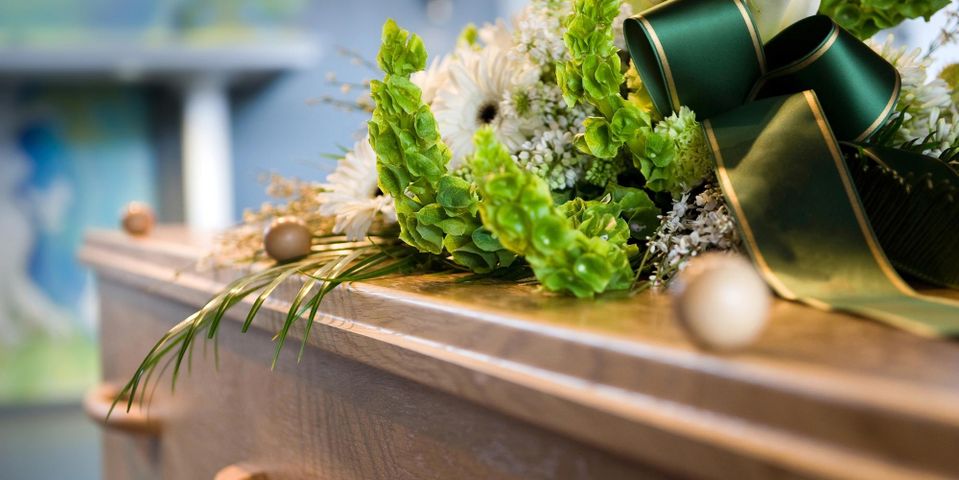
When planning your funeral, you’ll have to make a number of important decisions. With each choice, you’ll make your family’s grieving process a bit easier, as they’ll take comfort in knowing that your sincere wishes are being carried out. One of the most important decisions you’ll make is between burial and cremation. If you’ve yet to give this matter serious thought, consider the following information about each option.
Burial
If you choose to be buried, your body will remain intact after death. Before being placed in the casket, it must be prepared for burial through a process called embalming. This slows the natural decomposition, so the body may be viewed before it is buried, and loved ones can say their goodbyes in person. After the funeral service, your burial may take place in a cemetery, or a private family plot. You may choose to mark the grave with a monument, such as a headstone, which will display your name, when you lived, and a heartfelt epitaph from your family.
Some people choose to be buried due to personal preference, the traditional nature of the method, or because of their religious beliefs. For example, Judaism is traditionally opposed to cremation, and Islam forbids it outright, making burial a more appropriate option. Some Christian denominations, such as Baptist and Eastern Orthodox, also require followers to be buried.
Cremation
 The cremation process involves the incineration of the body into ashes. These may be kept by loved ones as a keepsake in a vessel such as an urn, a box, or even a piece of jewelry. Some families may choose to split ashes up among the children and partner of the deceased or keep them all together in a single container. You may request for your ashes to be scattered in a place of sentimental importance, such as out at sea, where you grew up, in a park your family frequented, or perhaps a beautiful locale you always wanted to visit.
The cremation process involves the incineration of the body into ashes. These may be kept by loved ones as a keepsake in a vessel such as an urn, a box, or even a piece of jewelry. Some families may choose to split ashes up among the children and partner of the deceased or keep them all together in a single container. You may request for your ashes to be scattered in a place of sentimental importance, such as out at sea, where you grew up, in a park your family frequented, or perhaps a beautiful locale you always wanted to visit.
Even if they’re interred in the ground or at a columbarium, cremated remains don’t take up as much space in the earth as the burial process, which is why cremation is considered environmentally friendly. It also allows families to avoid the cost of embalming and a casket. In the Catholic religion, cremation has been permitted since the 1960s, but remains must be buried, not taken home or scattered. Cremation is required among the Hindu and Buddhist faiths.
Whether you envision cremation or burial for your funeral service, DiPonzio Funeral Home Inc will ensure your wishes are carried out. This Rochester, NY, funeral home is dedicated to helping Monroe County residents plan for their future and celebrate the lives of their lost loved ones with dignified, memorable services. They also provide grief support programs and resources, so you can find all the guidance you need from this trusted team. To learn more about their business, visit the website or call (585) 429-6700.
About the Business
Have a question? Ask the experts!
Send your question

